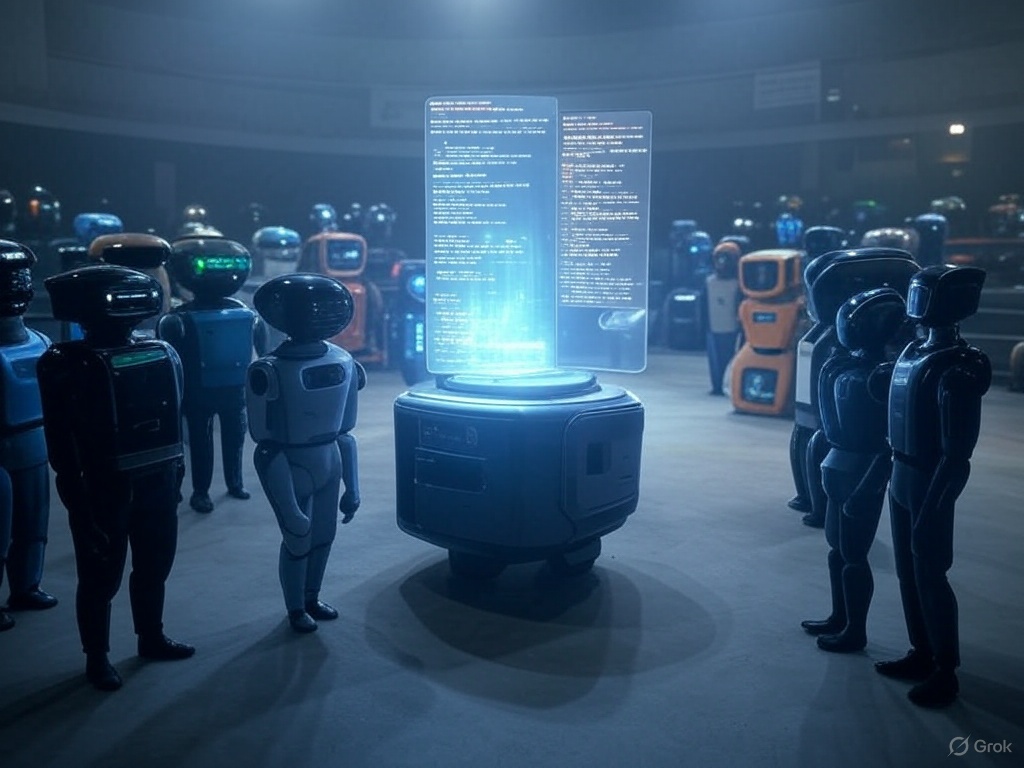The Co-Founder Quest: Why AI Can't Replace Human Partnership
The One-Line Bug That Changed My Perspective
After months of frustration with my iOS call forwarding app built with Kotlin Multiplatform, I discovered the issue was embarrassingly simple:
TwilioVoiceSDK.register(accessToken, deviceToken)
That's it. One line of code was all I needed, but it took me months to find it—and multiple advanced AI models failed to identify it.
The Technical Challenge: A Complex Refactoring Project

What made this bug particularly elusive was the ambitious scope of what I was attempting:
I was simultaneously refactoring two separate native codebases—Swift for iOS and Java/XML for Android (not using Jetpack Compose)—into a unified Kotlin Multiplatform solution. This meant:
- Working across three different languages simultaneously
- Managing the subtle differences in how each platform handles VoIP functionality
- Translating native implementations to cross-platform alternatives
- Maintaining feature parity during the transition
When you're juggling this level of complexity, even a single missing line of code can be incredibly difficult to spot—especially when you're deep in the conversion process and dealing with multiple implementation paradigms.
The AI Gauntlet: Every Model Failed
I put this problem through a gauntlet of the most advanced AI systems available. Each got a question and a 32,000 token file with the context:

Despite feeding these models between hundreds of thousand of tokens of context from my codebase (...even millions with Gemini models!), none could identify that I simply hadn't registered the device token with Twilio.
The Hard Truth I Learned
"READ THE DOCS, PEOPLE! AIs won't always do this."

If I had spent just five minutes reading the Twilio iOS VoIP SDK documentation, I would have avoided months of pain.
Why Human Partnership Matters
This experience highlighted a critical insight: Some problems require the human touch of someone who is fully committed to your vision.
A true co-founder—someone equally motivated and "all in"—would have:
- Read the documentation when you didn't
- Brought a fresh perspective to obvious oversights
- Persisted through the frustration until finding a solution
- Recognized when to step back from refactoring and verify the fundamentals
- Potentially spotted inconsistencies between the original implementations and the KMP version
The Co-Founder Decision
Finding the right co-founder isn't easy. As I noted:
"If you're like me, you're like 'NOPE!'"
But I've come to believe that finding this person is worth significant sacrifice:
"If you're really all in on whatever you're working on, you won't hesitate at the thought of uprooting your life to find that good co-founder. Even if it takes years = it's worth the lost opportunity costs."
The Broader Lesson
This isn't just about coding or bug fixes—it's about building something meaningful with the right people. As AI capabilities advance, the uniquely human qualities of partnership become even more valuable: intuition, persistence, emotional investment, and the willingness to do the unglamorous work of reading documentation.
The journey to find that partner is itself a transformative process that shapes both you and your venture.
Oh, and if you're curious to try out the "cash back for spam" app we built -
